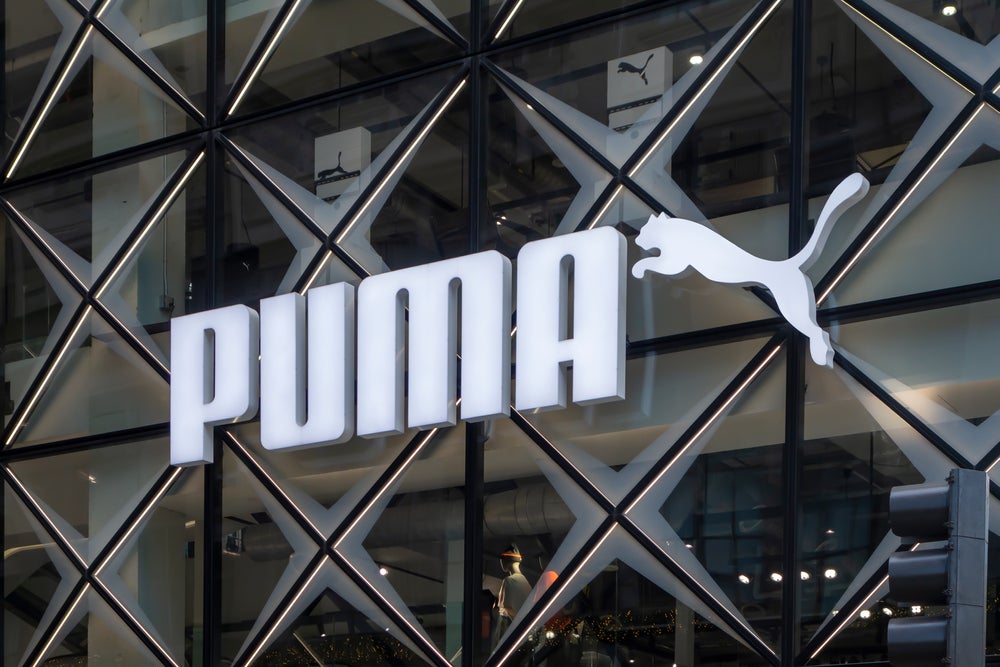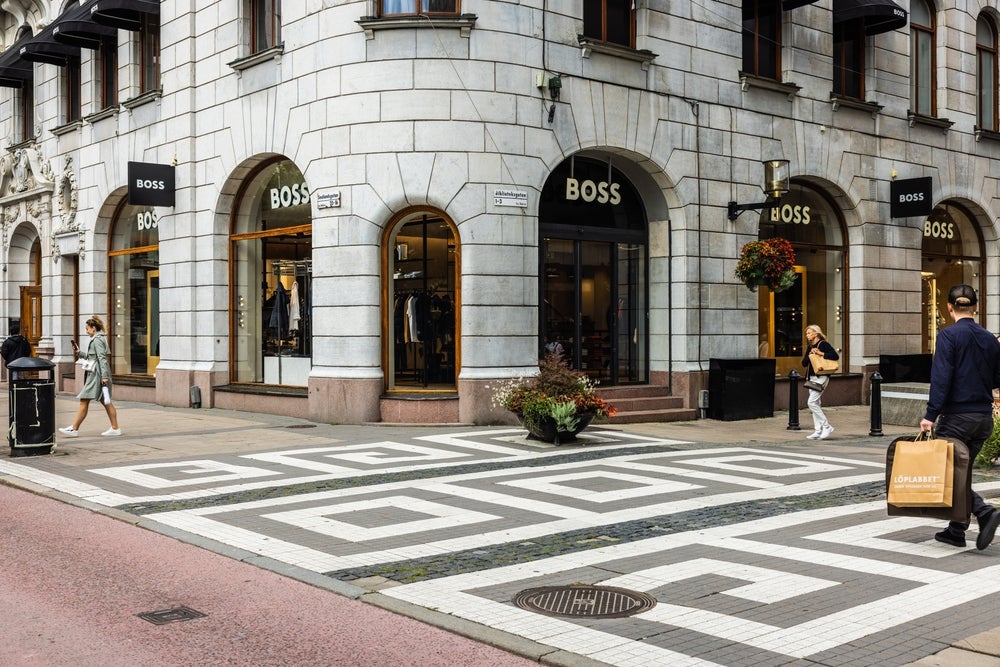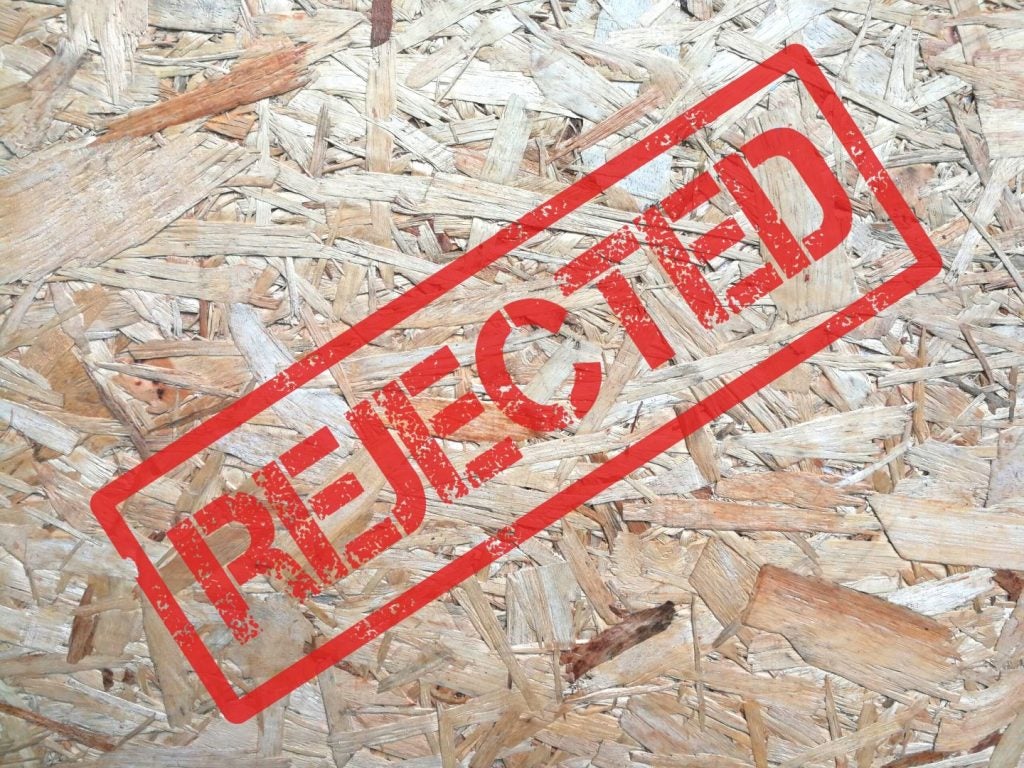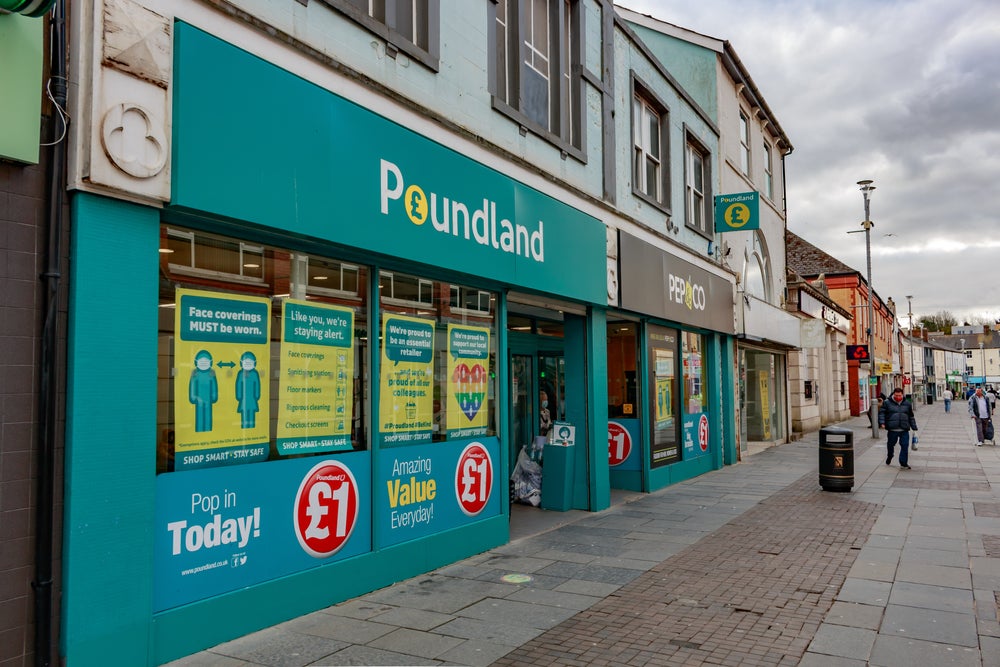US news magazine Time and data firm Statista created a four-step methodology to identify the top 500 sustainable companies, evaluated on more than 20 key data points.
German sportswear brand Puma was best best-ranked company in the Apparel, Footwear and Sporting Goods sector landing in 67th place overall and scoring 73.02 out of 100 possible points.
Puma set itself ten targets across areas including climate, circularity and human rights and has already reached two of these ahead of its 2025 schedule This includes its target of eliminating plastic carrier bags and finding biodegradable plastic options, training more than 220,000 factory workers on women's empowerment and completely mapping human rights risks at its subcontractors and Tier 2 suppliers.
GlobalData apparel company filing mentions of sustainability between 2016 and 2024
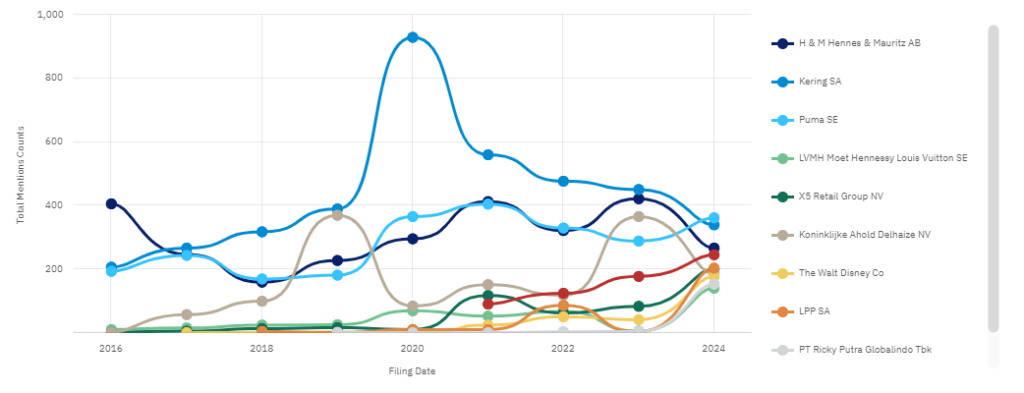
GlobalData company filings data show that "sustainability" has been mentioned 362 times by Puma in its financial filings within the first six months of 2024.
The sportswear brand is introducing renewable electricity, using less carbon-intensive materials, and opting for low-carbon shipping tariffs and has invested in electric vehicles and purchased renewable energy certificates for its buildings.
In 2023, when it mentioned sustainability a total of 289 times, according to GlobalData's company filings data, Puma produced eight out of ten products using recycled materials.
“Being ranked among the most sustainable companies by such a prestigious publication is a great recognition of our 'Forever Better' sustainability strategy, for which we achieved important milestones last year,” said Anne-Laure Descours, chief sourcing officer at Puma. “We will take this as an incentive to work even harder and continue to reduce our environmental footprint.”
Another apparel retailer to make the list is US-based retailer Gap Inc., which followed in 73rd place with a score of 72.19 out of 100.
In its 2023 Global Sustainability Report Gap shared it was on track to meet its 2025 goals of reducing scope one, two and three greenhouse gas (GHG) emissions, sourcing 100% renewable energy for company-operated facilities and achieving net-zero carbon emission across its value chain.
It claims to have already achieved its target of allocating 80% of Gap’s sourcing to green-rated factories.
Following closely behind in 76th place is fashion conglomerate PVH, with a score of 72.16 out of 100. PVH has been actively working on its ESG ambitions and was amongst other clothing brands like H&M and Inditex to sign the Pakistan Accord.
In February 2023, it joined the biochemistry researcher Carbios consortium to develop fibre-to-fibre bio-recycling technology.
Six months later, PVH rolled out a financing programme to offer fashion suppliers better financing rates based on their ESG performance.
Inditex ranks in top 30 of sustainable companies
In the Retail, Wholesale & Consumer Goods sector, Inditex was listed in 25th place, with a score of 76.81 out of 100.
On its website, the company makes clear that its top goal by 2025 is to reduce 25% of water consumption and reach three million people in its Workers in the Centre strategy. By 2030 it wants to improve biodiversity across five million hectares, reduce emissions by over 50%, use only raw textiles and by 2040 hope to achieve zero net emissions.
GlobalData Inditex company filing mentions of ESG between 2016 and 2024
GlobalData company filings data over the last eight years show Inditex’s increasing interest in sustainability, with ESG being mentioned 2,733 in company filings at its peak in 2021.
The data suggests searches for the term ‘ESG’ climbed in 2021 and dropped slightly in 2022 before coming back to a high point in 2023 with 2,703 mentions.
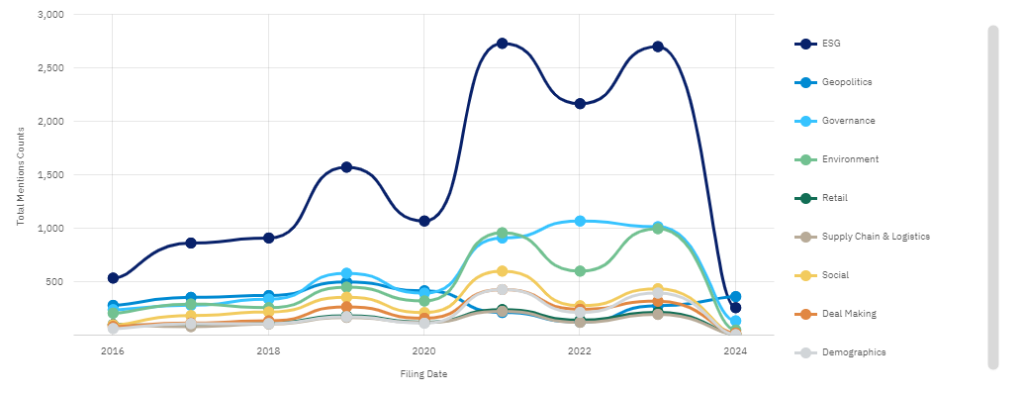
In June 2024, Inditex committed to the non-profit Canopy’s Pack4Good campaign by pledging to eliminate the use of ancient and endangered forests in its paper packaging and invest in NextGen alternatives.
This is not the first 2024 ranking Inditex has topped in as just in May, the retailer ranked 18th spot out of the world's leading supply chain organisations in Gartner’s 20th edition of its Global Supply Chain Top 25 ranking, for their ability to prioritise sustainability and growth in a “challenging operating environment.”


